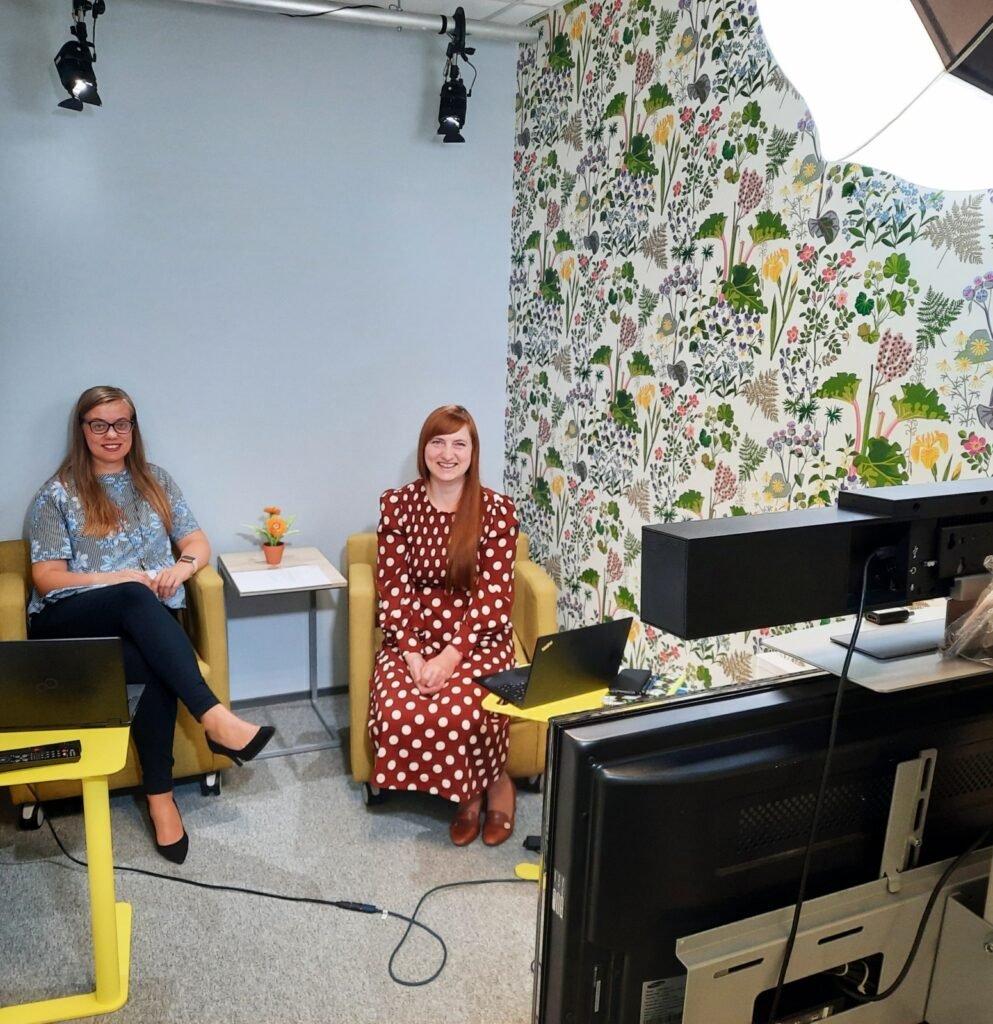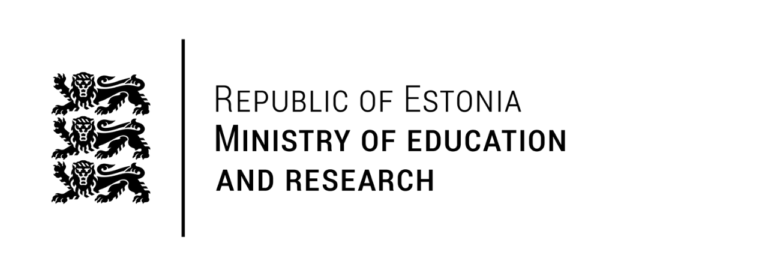Since 2018, Estonian schools have received digital training, mentoring in the Digital Accelerator – a digital competence development programme in which the entire school teaching staff take part.
Kerli Požogina, the programme manager of the Digital Accelerator (Estonian Digikiirendi) believes that the schools participating in the programme have received significant encouragement to use digital technology. “We all know how difficult the beginning is. And this is where we want to support our schools. The result is already visible: many schools that participated in the programme are much better prepared for digital learning.”
Everyone’s participation is a prerequisite
For the Digital Accelerator to be truly useful, the organisers have made it a rule that all teachers and the entire management, or at least 90% of the school team, participate in the programme.
The Digital Accelerator always starts by mapping the needs of the school. The situation of the school’s digital infrastructure and digital security is analysed. The focus is on what kind of educational technology training this school team needs.

In 2020, some of the program’s meetings had to move online. The head of the programme, Kerli Požogina (right) and Triin Saar, project manager of the headmasters training.
After that, teachers can study in either basic or tailor-made courses during a six-month programme. The first provides an overview of the basic skills and knowledge required to apply digital technology. A tailor-made course focuses on topics selected based on the needs of a particular school.
There is a separate training plan for the headmasters: digital change management at school. In the programme, school leaders can learn about the experience of others and create a school development project to support the digital competence of teachers and students in their schools.
Throughout the program, the school team is supported by an educational technologist. The experienced specialist helps find and introduce new technological opportunities in their teaching.
A digital turn in schools needs a good plan
According to Airi Aavik, a trainer and an educational technologist, it is essential that the entire team, including the school leaders, participate. “The task of a headteacher is to guide the development of the school, including the digital development. Such a broader view, combined with practical action, is a major challenge. For the school team, the programme offers the opportunity to work in-depth on topics they don’t often have time in everyday life.”
For example, one of the participating schools decided to create a new website within the programme, another to systematise and supplement the digital learning material, and a third to create a virtual tour to introduce their school.
How to integrate digital competence into the curriculum?
But, the small Palupera School in South Estonia decided to take the opportunity and prepare an action plan to integrate digital competences into the school curriculum with the help of experienced professionals available during the programme. The Estonian schools and teachers are free to decide how to teach digital competences provided in the national curriculum. According to Kerli Požogina, the head of the programme, Palupera School did exactly what the schools are expected to do in Estonia: to think about which subjects to integrate digital competence into, and how to teach them.
The trainer Airi Aavik also recommends schools always include clear goals in the development project and not remain too general: “For example, if the goal is to increase teachers’ awareness, how to measure it?”
Digital skills do not just happen
According to Egle Lellep, a teacher of natural sciences and chemistry participating in the programme, there were many solutions that she will use in her work in the future: “I especially liked Nearpod, Baamboozle, Quizizz, and Padlet — I use them every week now. The children’s feedback has also been positive,” she commented.
According to the trainer Airi Aavik, we cannot assume that the students are digitally competent automatically: “Digital competence must be developed in the same way as any other life skills.”
Lessons to share with the others
The experiences of the schools participating in the Digital Accelerator development programme have been compiled into the Digital Accelerator Collection so that other colleagues will learn from their lessons learned in the future. The collection provides an overview of the topics to pay attention to when developing the digital competences of students and teachers: How to map school needs? How to plan digital learning and introduce changes in learning and teaching? What to look for in digital infrastructure and how to ensure digital security? The collection focuses on all these topics from a headteacher, an educational technologist, and a teacher perspective.
“In addition to introducing digital culture, the goal of the Digital Accelerator is also to encourage the school family to cooperate and look for solutions,” notes the programme manager. “The teachers and the school community do know how to use digital technology. But how to find the right and the most useful one — that’s where the experts can offer them good recommendations and new opportunities.”
71 Estonian schools have participated in the Digital Accelerator programme from 2018 to 2021. The programme is funded by the Estonian Ministry of Education and Research and implemented by the Education and Youth Board.
See also: Digital Competence Models for Estonian teachers and students (automatic translation)






